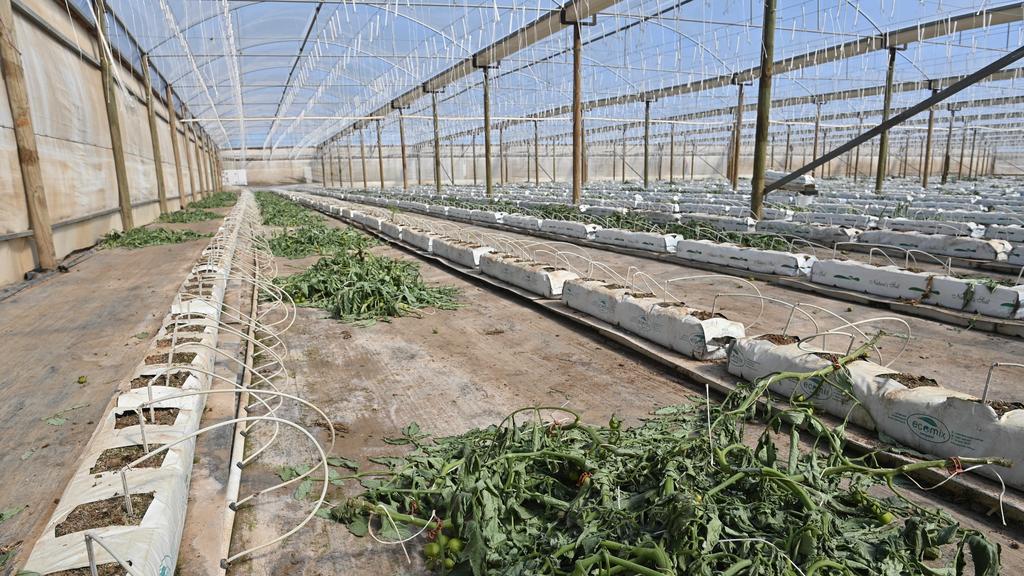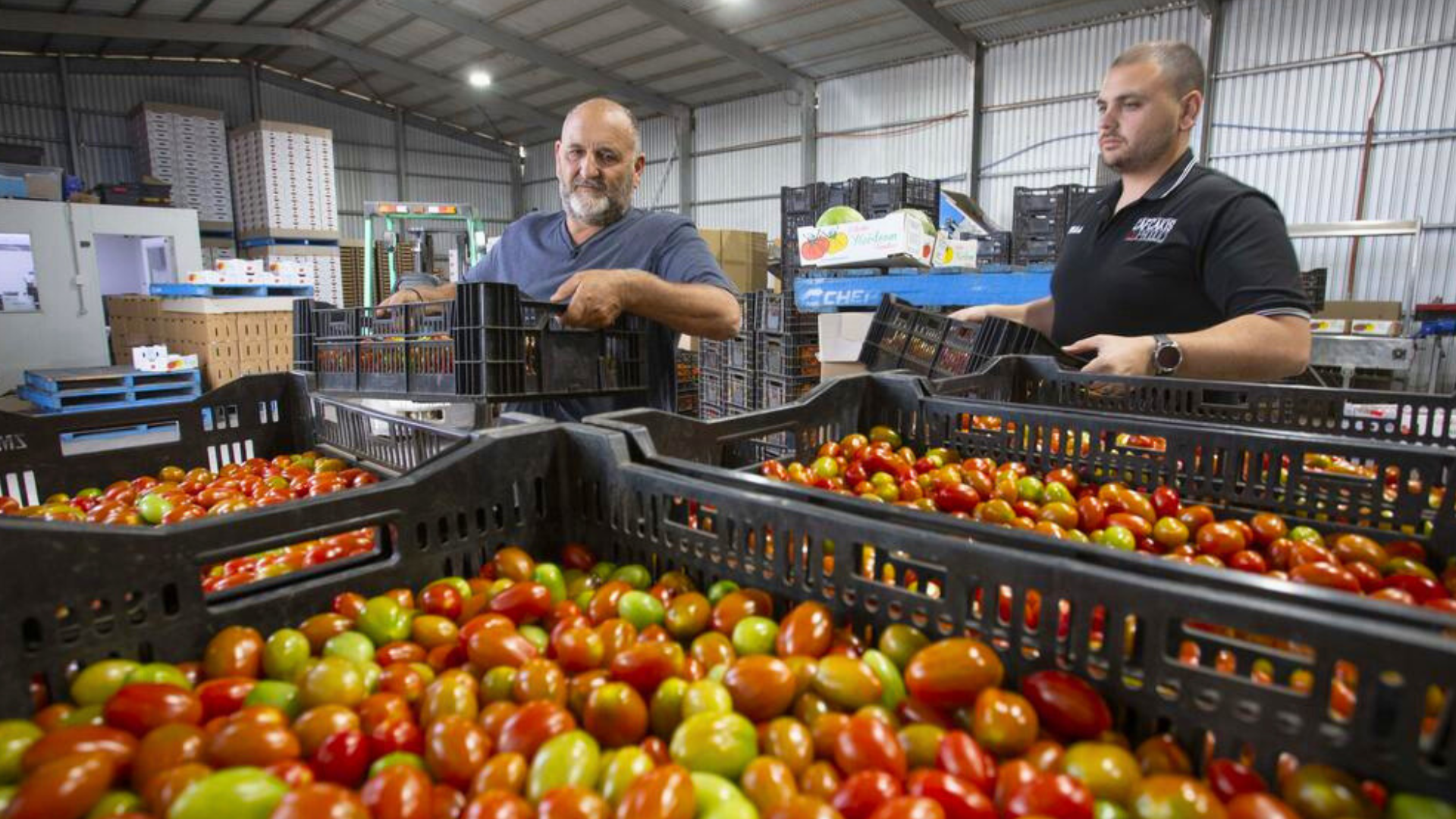Prominent South Australian tomato growers Harry Kapiris, Peter Petsios and Emmanuel Cafcakis have criticised the handling of a recent tomato virus outbreak, which led to millions in losses and extensive farm shutdowns.
Owner of Gawler River Tomatoes, Harry Kapiris, was forced to destroy $1.1 million worth of crops after biosecurity officials detected the Tomato Brown Rugose Fruit Virus (ToBRFV) on his property. Kapiris later received independent test results showing no trace of the virus, suggesting a false positive.
The shutdown resulted in millions in losses, the layoff of 30 staff, and potential legal action. Kapiris lamented the impact on livelihoods, calling the response “crazy” and demanding accountability.
The long-time owner of SA Tomato, Peter Petsios, whose family has farmed since 1960, destroyed $1.3 million in crops and lost millions more in revenue after virus detection at his facility.
Petsios criticised the government’s response as an overreaction, claiming it had caused more harm than the virus itself. He advocated for targeted containment measures rather than blanket shutdowns, saying the government’s actions crippled the industry.

Another tomato farmer, Emmanuel Cafcakis, estimated losses exceeding $100,000 despite his Virginia property being cleared of ToBRFV after seven weeks. He condemned the prolonged inspection process and interstate trade restrictions, which created a tomato glut and devastated prices.
Cafcakis expressed concern that heavy-handed measures would discourage future virus reporting, likening the response to a “typical bloody Covid response.”
Authorities defended their actions, citing the need to protect Australia’s $800 million tomato industry. However, growers argue that eradication is unrealistic and that authorities should adopt containment strategies used overseas. Many fear lasting damage to trust between growers and biosecurity officials.
Source: The Advertiser.
